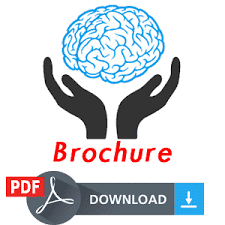
Jinwei Zhang
University of Exeter, UK
Title: Activation of K+–Cl-–cotransporter KCC2 by inhibiting the WNK-SPAK kinase signalling as a novel therapeutic strategy for Epilepsy
Biography
Biography: Jinwei Zhang
Abstract
The Cl--extruding transporter KCC2 (SLC12A5) critically modulates GABAA receptor signaling via its effect on neuronal Cl- homeostasis. Previous studies have shown that KCC2 was downregulated in both epileptic patients and various epileptic animal models. We discovered that the in vitro dual phosphorylation of Thr906 and Thr1007 in the intracellular carboxyl (C)-terminal domain of KCC2, mediated by the Cl--sensitive WNK-SPAK serine-threonine protein kinase complex, maintains the depolarizing action of GABA in immature neurons by antagonizing KCC2 Cl- extrusion capacity. GABAAR-mediated inhibition confines KCC2 to the plasma membrane, while antagonizing inhibition reduces KCC2 surface expression by increasing the lateral diffusion and endocytosis of the transporter. This mechanism utilizes Cl- as an intracellular secondary messenger and is dependent on phosphorylation of KCC2 at threonines 906 and 1007 by the Cl- -sensing kinase WNK1. We propose this mechanism contributes to the homeostasis of synaptic inhibition by rapidly adjusting neuronal [Cl-]i to GABAAR activity. We further demonstrate here that this signaling pathway is rapidly and massively activated in an acute epilepsy model. This indicates that dephosphorylation of KCC2 at Thr906 and Thr1007 is a potent activator of KCC2 activity, and small molecular targets WNK-SAPK kinase signaling may be a novel therapeutic strategy for epilepsy.

